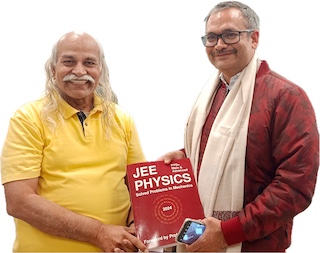Change of State
Change of state, also known as a phase change, is a process where a substance transforms from one physical state (solid, liquid, gas) to another. The four common types of phase changes are melting, freezing, evaporation, and condensation. Each of these changes is associated with a transfer of heat between the substance and its surroundings.
Melting is the process of changing a solid into a liquid, and it occurs when heat is added to the substance. Freezing is the opposite of melting, and it occurs when a liquid transitions into a solid. Freezing is achieved by removing heat from the liquid. Evaporation is the process of changing a liquid into a gas, and it occurs when the temperature of the liquid is increased or when the pressure is reduced. Condensation is the opposite of evaporation, and it occurs when a gas transitions into a liquid. Condensation is achieved by removing heat from the gas.
The factors that govern phase changes include temperature, pressure, and the physical properties of the substance, such as its specific heat and heat of fusion. The relationship between these factors is described by the laws of thermodynamics.
